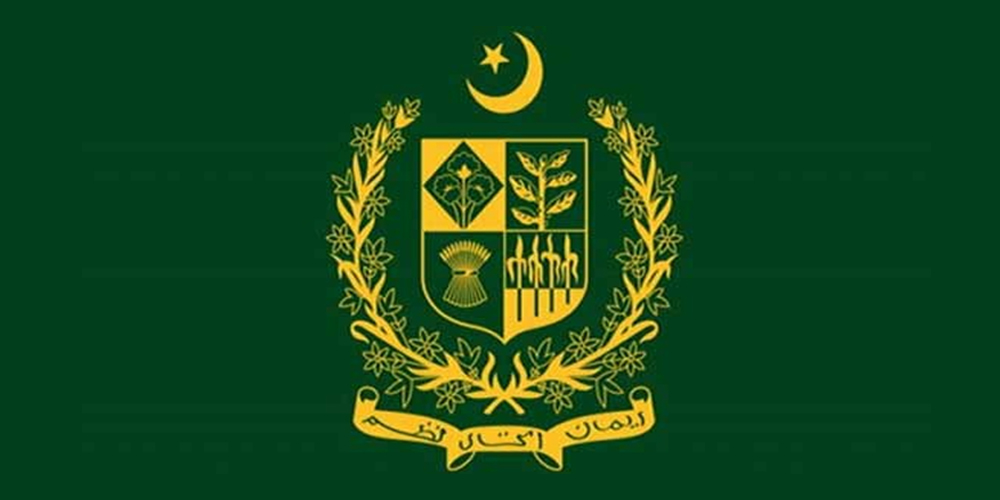September 30, 2018: Reforming the civil service — avoiding the pitfalls
There is wide consensus across Pakistan’s political spectrum that the civil service needs to be reformed and perhaps fundamentally restructured. Politicians and generals have spoken about fixing the thana kutchery culture. Yet, little progress has been made in the forty years since the last sweeping reform under PM Zulfikar Ali Bhutto was undertaken with mixed results. The PTI government has committed to revive the reform effort. Dr Ishrat Hussain who headed the National Commission for Government Reform (NCGR) under Musharraf is back in government. He is the right choice for the task except that he would need political support, especially within the provinces, for any change to occur.
The previous regime started the process but nothing came of it. The last moment of partial reform was under Gen Musharraf; when the executive magistracy was abolished thereby curtailing the powers of District Management Group later rechristened as the Pakistan Administrative Service (PAS). Musharraf also restructured the local government and Police but these reforms did not last. His cronies from the political class – some of them are in the current government – ensured that substantive changes were either reversed or diluted to the extent that the status quo was not disturbed. The senior police and administrative officers actively worked to restore the office of Deputy Commissioner and Commissioners and dilute police accountability measures. In less than a decade, things were back to the perverse ‘normal’.
Not much could be done with the federal civil service as Musharraf’s priorities by the time NCGR was presented had shifted from reengineering to survival. There is no shortage of proposals and commission reports. Even before the NCGR, at least half a dozen dispatches had outlined how to fix crumbling civil administration structures. Needless to say, reforming the civil service is critical to improve citizen trust, service delivery, economic policy and public financial management. And we have been struggling for decades now. There are many lessons from these unsuccessful attempts.
Literature on civil service reform says that this cannot take place without political leadership. The case of Bhutto illustrates this and Gen Musharraf also displayed a certain level of commitment but since he lacked political legitimacy, the changes brought in by his administration ultimately failed. In Pakistan’s case, especially after the 18th amendment, political leadership cannot be construed as one well-intentioned man leading the process. It requires larger federal consensus, support from Parliament and the judiciary (given the increased role of courts in policy and executive management since the time of Justice Iftikhar Chauhdry). Therefore, building this kind of consensus would be the ultimate test of the PTI government and given the state of polarised politics, this will end up being a tall order.
Studies on civil service reform indicate that the most effective interventions have been merit-based recruitment and performance-based pay. The temptation to increase salaries without linking them to results must be avoided
Researchers have also noted that it is critical to identify what would motivate stakeholders – both political and bureaucratic. Taking a technocratic approach – like pushing change through a national reconstruction bureau – is not likely to succeed. The assumption that new formal rules are enough to alter behaviour has failed in many parts of the world. This is why focus on conflict management, political coalitions and workable compromises are important to ensure implementation of any reform effort.
The second lesson relates to the time-horizon. Restructuring government systems require time and continued engagement. A five-year horizon for change that is going to be costly, open to resistance and subject to multiple compacts at the national and provincial levels, needs to be carefully designed. Perhaps, as the new government deliberates key ideas, it should keep modest targets for immediate implementation notwithstanding the lure of high sounding promises of grand transformation. Studies on civil service reform indicate that the most effective interventions have been merit-based recruitment and performance-based pay. These are also part of the NCGR proposals. The available evidence shows that increasing base salaries has a low impact on the performance of civil servants. Take the case of boosting the salaries of both judges and police in the Punjab during Shehbaz Sharif’s rule (2008-2018). Despite higher salaries (almost double or even more), judicial performance has not improved and public trust in the police remains low. The temptation to pursue salary hikes without linking this to performance must be avoided.
Thirdly, no reform effort can deliver without building support within the ‘system’. The elite PAS has maintained that it knows best about everything. Senior cadres are always aware that political governments are transient in Pakistan and therefore stalling implementation is often the rational choice. Hence the ‘losers’ within a reform effort have to be ‘refunded’. Those who may have to give up the ‘perks’ if monetisation of compensation is implemented will resist change. Similarly, hiring area experts in senior positions will irk the powerful generalists. This calls for interventions that are integrated into wider policy and organisational frameworks. Piecemeal reform efforts get easily reversed or add little value. For instance, millions of dollars were borrowed from the World Bank to train senior civil servants at Harvard and other places and nothing changed.
There are other issues that need some reflection. When it comes to service delivery, the line agencies are not manned by PAS nor are the provincial services. Teachers, health workers and other staff follow department recruitment procedures, which are highly politicised and, in many cases, come with a price tag. People have been known to pay to get a government job. This is why fixing the elite cadres will achieve little if the salaries and recruitment of those who deal with the public on a daily basis are not part of the reform plan.
Comparative studies highlight that reforms don’t really work as intended. This is why flexible and sustained implementation is important. International experience in civil service reform has been rather humbling. Externally supported programmes by and large have been failures. Essentially, ‘reform’ is a locally owned political process and therefore donor interventions – largely technocratic and transferring other models – yield limited results.



